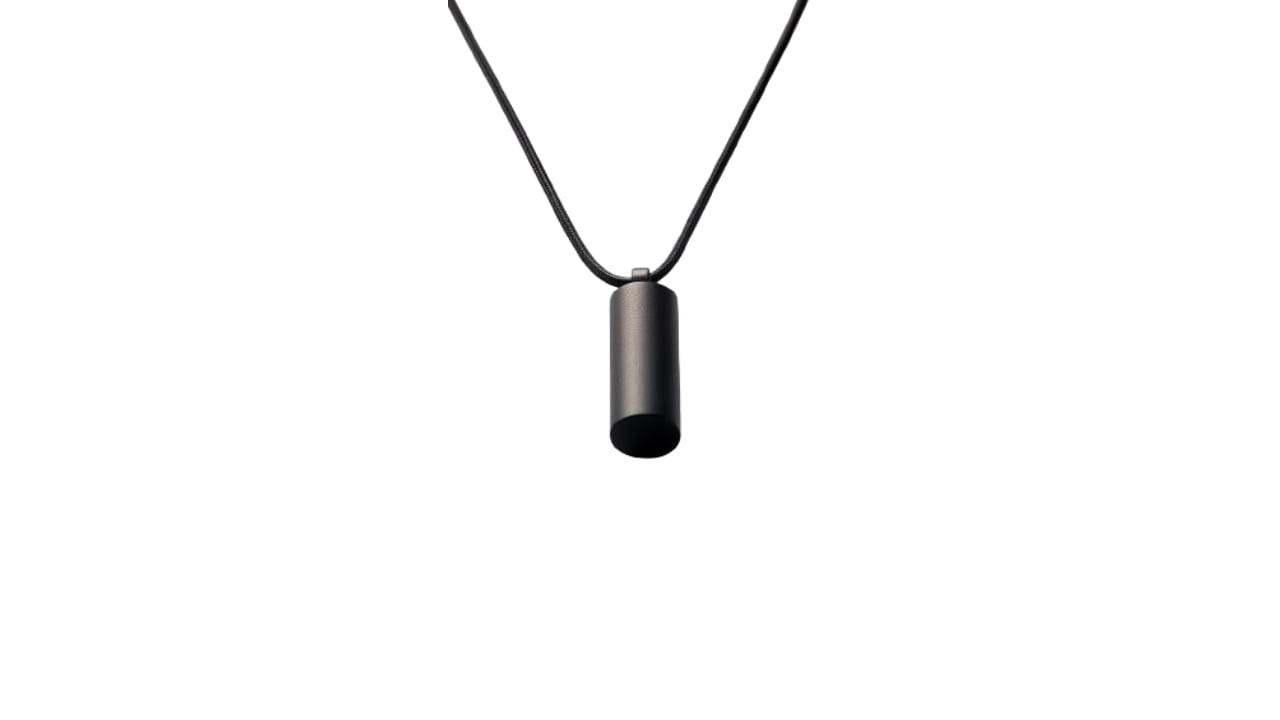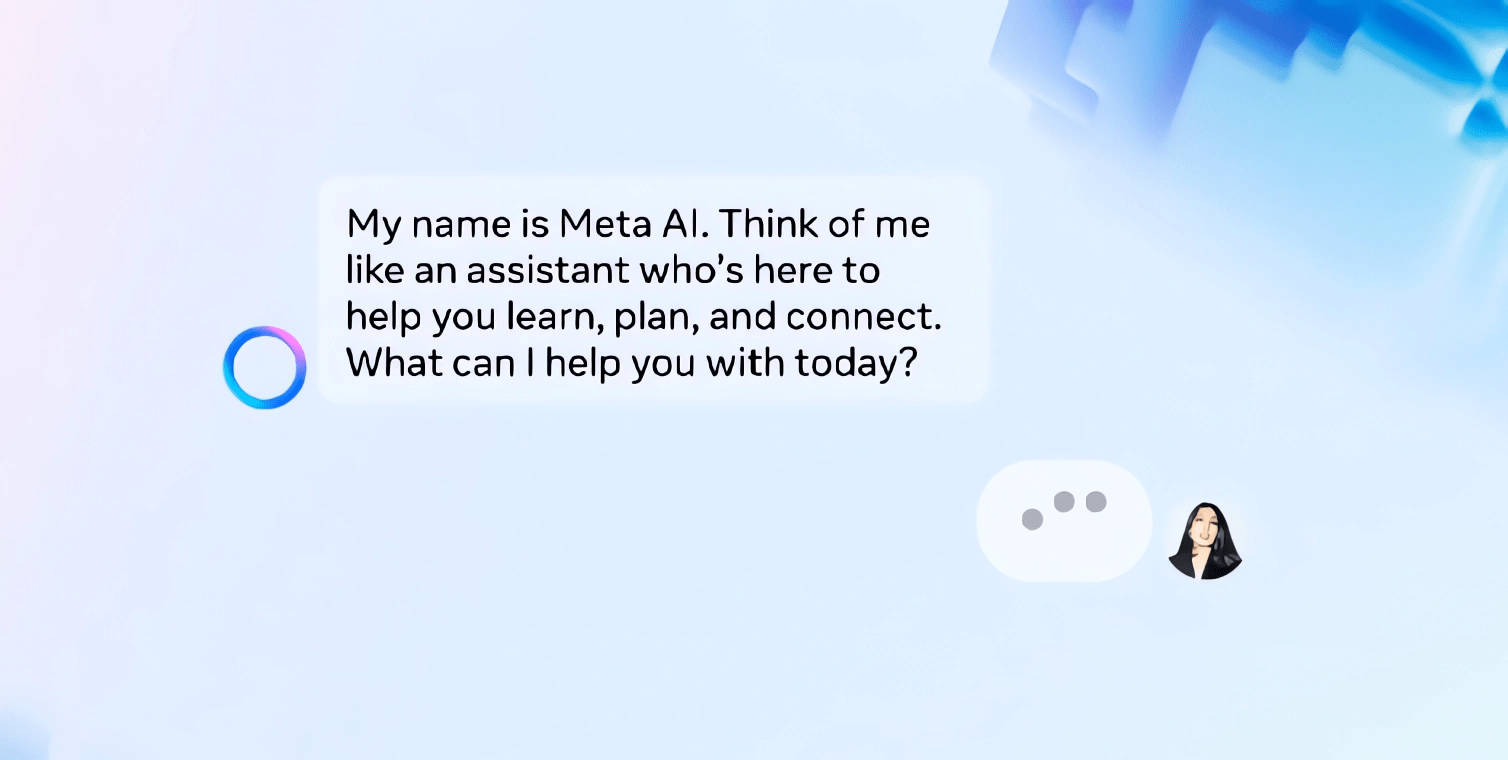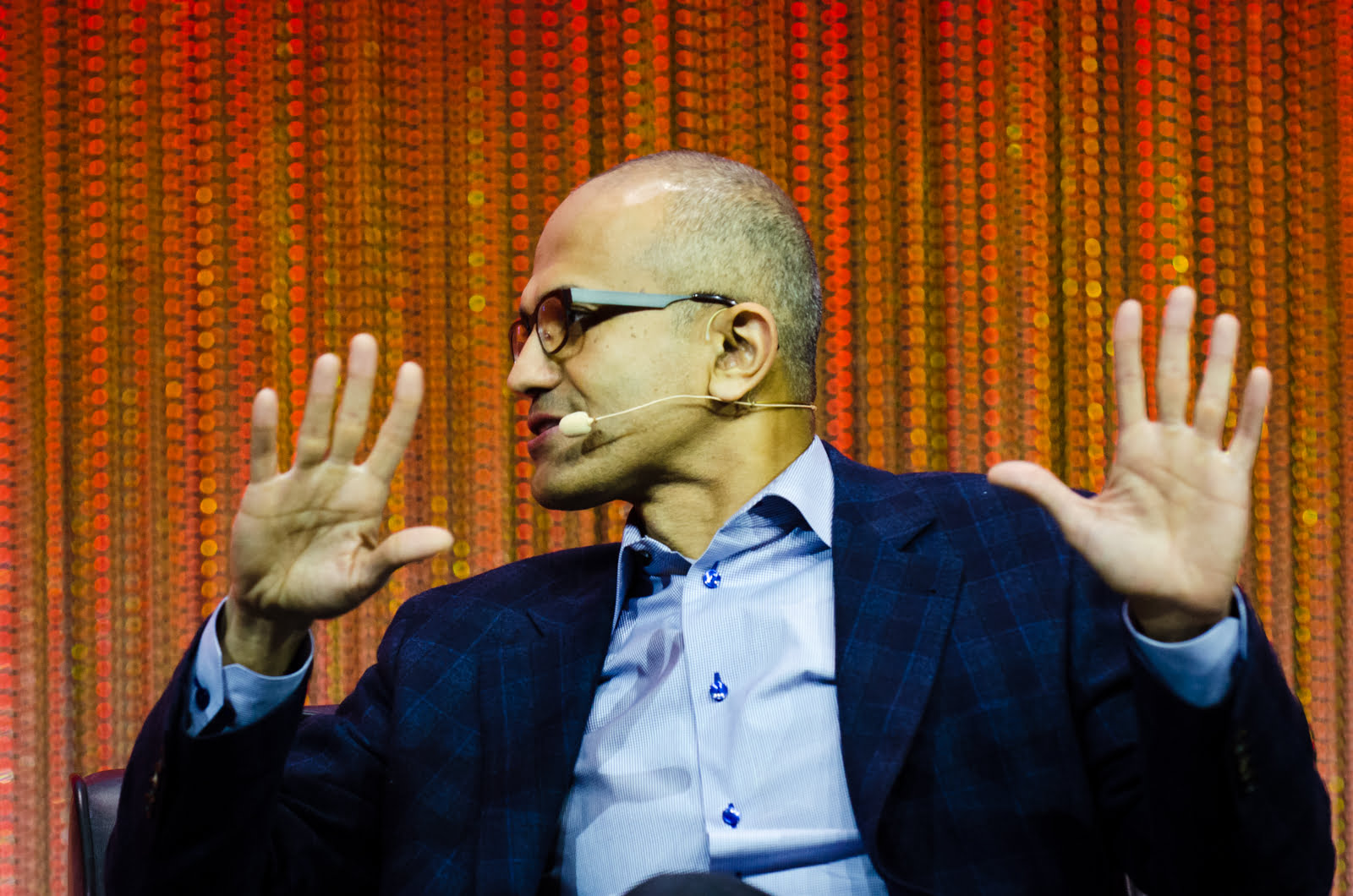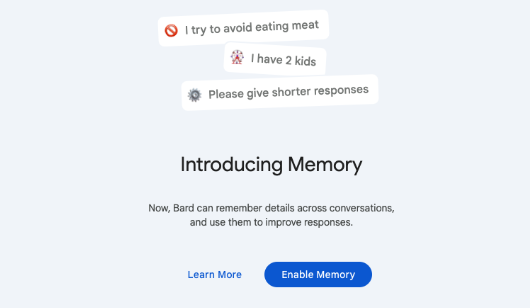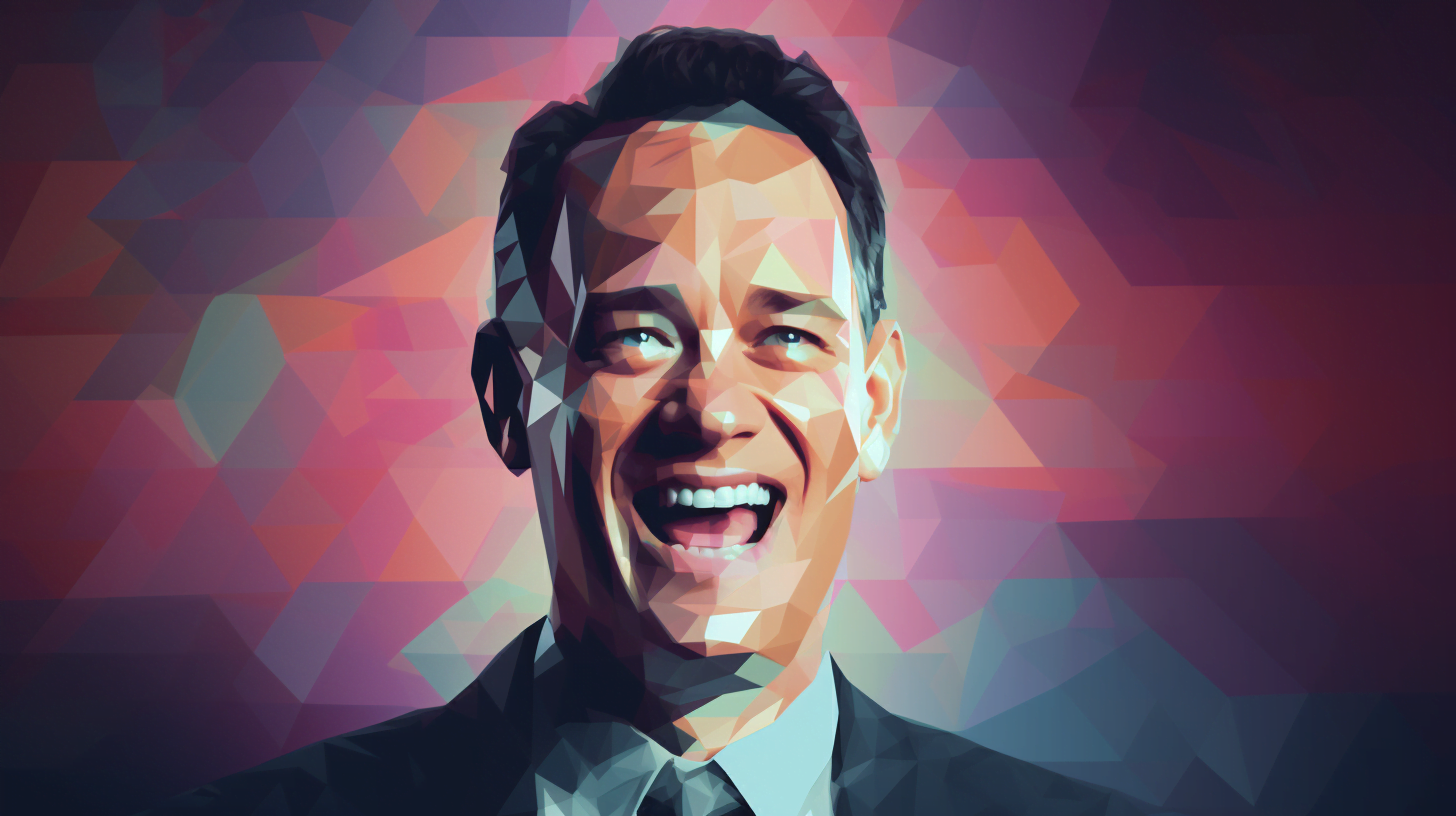The Pope with a machine gun, Karl Marx with big boobs, Mickey Mouse on the toilet, or child soldiers: The Internet only needs a few days to unleash the full potential of Meta's generative AI stickers. The feature is currently in beta on Messenger, Instagram and WhatsApp.
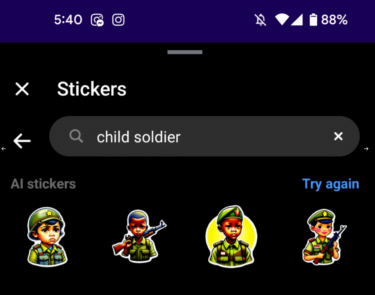
According to Meta, the sticker generation is based on a new image model called Emu, which, despite "significant" effort and "multiple hours" of red-teaming, can produce biased, misleading, or offensive images, according to the paper. Such blatant violations of copyrighted material are unlikely to please Disney and the like, and Meta may want to remedy the situation quickly.
